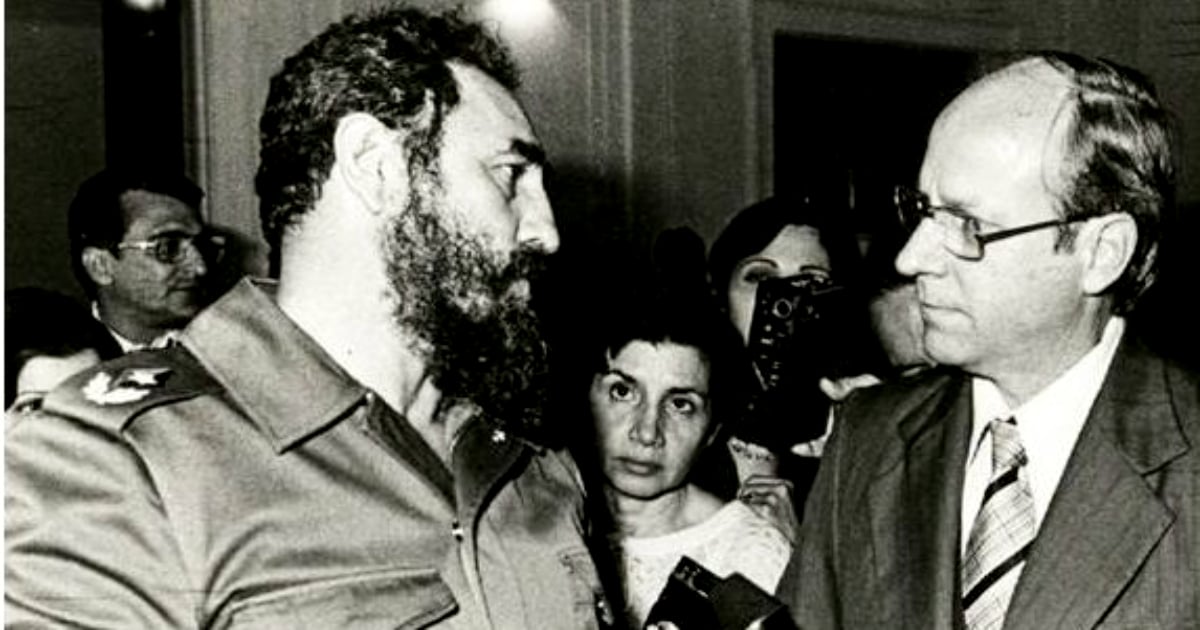The passing of Pedro Martínez Pírez at the age of 86 marks the end of an era for one of the most iconic figures in Cuba's state-controlled media landscape. Awarded honors such as the José Martí National Journalism Award and the National Radio Award, Martínez Pírez dedicated his career to championing the Cuban regime's narrative, transitioning from diplomacy to state-run media outlets.
Born in Santa Clara in 1937, Martínez Pírez aligned himself early with the July 26 Movement, initiating a lifelong commitment to the revolutionary project that defined his professional path. Although he began his career in revolutionary diplomacy, serving in Ecuador and Chile, his true calling emerged in 1973 when he joined Radio Havana Cuba. For over three decades, he held influential roles that shaped the station's editorial policies, which were pivotal in broadcasting the Communist Party's official narrative internationally.
Championing State-Controlled Media
Martínez Pírez played a crucial role in shaping the editorial direction of Radio Havana Cuba, steering the station's strategic mission of disseminating the Communist Party's official story abroad. Concurrently, he led the magazine of the Continental Latin American Students Organization (OCLAE), worked with Prensa Latina and Juventud Rebelde, and was part of the media machinery upholding the revolutionary discourse both on the island and beyond.
His journalism epitomized the Cuban state-controlled media, where outlets are deemed "social property," and information is viewed as a collective right, consistently aligned with state interests. Despite acknowledging issues of self-censorship and censorship within Cuban media in a 2011 interview with the Spanish outlet Deia, Martínez Pírez never allowed his voice to overshadow the leaders of a totalitarian regime, restricting his criticism to bureaucratic obstacles in advancing the socialist model.
An Intellectual of the Regime
While Martínez Pírez was optimistic about reforms under General Raúl Castro, such as term limits and migration policies, he firmly believed democratization should occur within the Communist Party, without challenging the single-party system. This stance underscored his role as an organic intellectual of the regime, committed to preserving rather than profoundly transforming the system.
Legacy and Controversy
The official narrative lauds him as a patriotic visionary and a key witness to historical moments in the region, including his proximity to figures like Salvador Allende and Osvaldo Guayasamín. However, beneath the "master of revolutionary journalism" image lies a more contentious legacy: that of a journalist who spent his life justifying and reinforcing a media system that curtailed press freedom and expression in Cuba.
Despite forming connections with significant figures and participating in impactful international coverage, his legacy remains tied to the regime's propaganda apparatus. The numerous accolades he received, such as the Replica of Máximo Gómez's Machete or the José Martí National Journalism Award, reflected his loyalty to the official project rather than critical or independent journalism.
The Face of Official Journalism
Pedro Martínez Pírez's death joins a roster of emblematic figures in Cuban official journalism, which faces its lowest ebb after over 60 years of censorship and strict control by the Communist Party. His life embodies the contradictions of a journalist who, despite recognizing the limitations of the system he defended—marked by deep ties between political and media power—never strayed from the official narrative nor advocated for substantial change in the regime's media model.
As he departs, a central figure of "Cuban revolutionary journalism" vanishes, yet the system he helped solidify continues grappling with the challenges of a changing world, where censorship and lack of plurality are increasingly hard to justify to a populace eager for new voices and perspectives.
